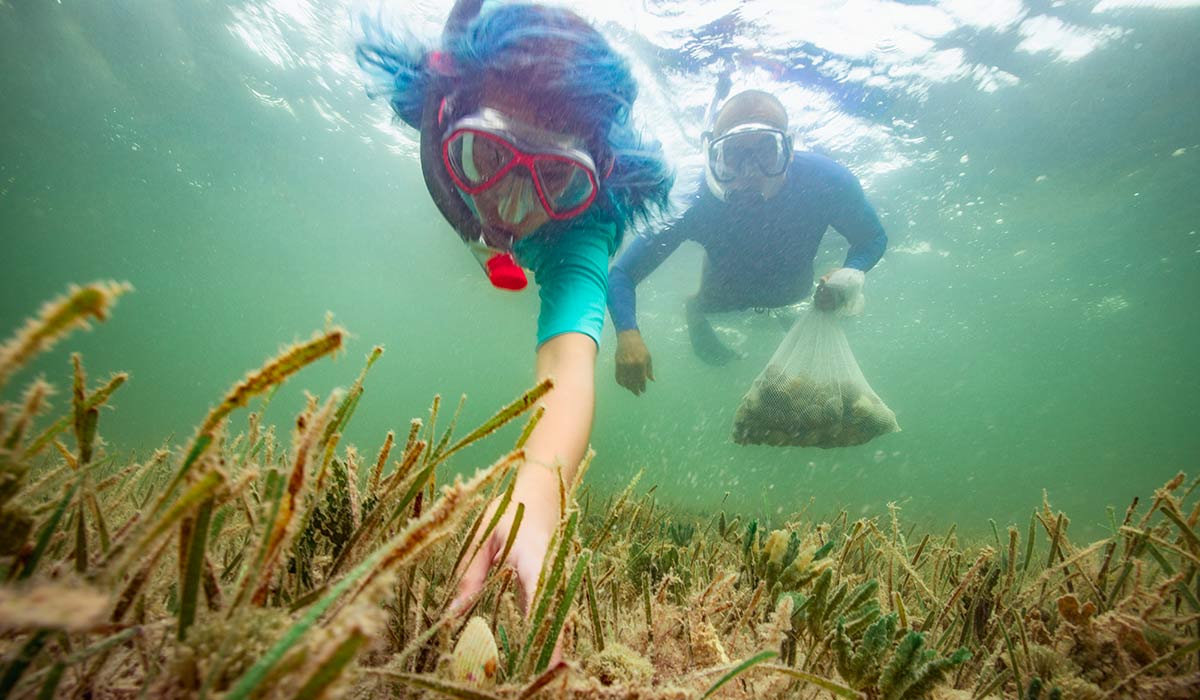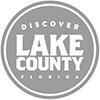Bay scallop season opens June 15 between the Fenholloway and Suwannee rivers
Direct transit of legally-harvested bay scallops is allowed through closed areas.
St. Joseph Bay and Gulf County: Aug. 16-Sept. 24. This region includes all state waters from the Mexico Beach Canal in Bay County to the westernmost point of St. Vincent Island in Franklin County. NOTE: The area marked with FWC buoys south of Black’s Island is a Bay Scallop Restoration Area and no scalloping or anchoring is allowed there.
Franklin County through northwestern Taylor County (including Carrabelle, Lanark and St. Marks): July 1 through Sept. 24. This region includes all state waters from the westernmost point of St. Vincent Island in Franklin County to Rock Island near the mouth of the Fenholloway River in Taylor County.
Fenholloway through Suwannee Rivers Zone (including Keaton Beach and the Steinhatchee area): June 15 through Labor Day. This region includes all state waters east of Rock Island near the mouth of the Fenholloway River in Taylor County and north of Alligator Pass daybeacon #4 near the mouth of the Suwannee River in Levy County. This area has a lowered bag limit June 15-30. See bag limit section for more.
Levy, Citrus and Hernando counties (including Cedar Key, Crystal River and Homosassa): July 1 through Sept. 24. This region includes all state waters south of Alligator Pass daybeacon #4 near the mouth of the Suwannee River in Levy County and north of the Hernando – Pasco county line.
- Please do not discard scallop shells in inshore waters commonly used for recreational activities such as the Homosassa River or Crystal River. Piles of discarded scallop shells can create hazards for swimmers and damage seagrass habitat. Scallop shells can be discarded in a trash receptacle or in larger bodies of water where they are more likely to disperse.
Pasco County: July 1 – Aug. 6, 2023. This region includes all state waters south of the Hernando – Pasco County line and north of Anclote Key Lighthouse in northern Pinellas County, and includes all waters of the Anclote River.
Daily Bag Limit:
- Gulf-NW Taylor County and Levy-Pasco County:
- Per person: 2 gallons of whole bay scallops in shell or 1 pint of bay scallop meat
- Per vessel: Maximum of 10 gallons of whole bay scallops in shell or 1/2 gallon bay scallop meat (1/2 gallon = 4 pints)
- Fenholloway through Suwannee River Zone:
- June 15-30:
- Per person: 1 gallon whole bay scallops in shell or one cup shucked
- Per vessel: 5 gallons whole or two pints shucked
- July 1-Labor Day
- Per person: 2 gallons of whole bay scallops in shell or 1 pint of bay scallop meat
- Per vessel: Maximum of 10 gallons of whole bay scallops in shell, or 1/2 gallon bay scallop meat (1/2 gallon = 4 pints)
- June 15-30:
NOTE: Vessel limits do not allow an individual to exceed their personal bag limit.
Minimum Size Limit: None
Gear Requirements:
- Legal Gear: Harvest permitted only by hand or by using a landing or dip net
Commercial harvest prohibited.
Recreational harvesters need a Florida saltwater fishing license to harvest bay scallops unless they are 1. exempt from needing a license or 2. have a no-cost shoreline fishing license and are wading from shore to collect scallops (i.e. feet do not leave bottom to swim, snorkel, or SCUBA and harvesters do not use a vessel to reach or return from the harvest location).
For information on bay scallop regulations, visit MyFWC.com/Marine and click on “Recreational Regulations” and “Bay Scallops” under the “Crabs, Lobster and other Shellfish” tab.
Boater and scalloper safety
Be safe when diving for scallops. Wear a life jacket when underway and do not drink and boat. When scalloping in open water, divers should stay within 300 feet of a properly displayed divers-down flag or device, and within 100 feet of a properly displayed divers-down flag or device if on a river, inlet or navigation channel. Boat operators traveling within 300 feet of a divers-down flag or device in open water or within 100 feet of one on a river, inlet or navigational channel must slow to idle speed. For more information, visit MyFWC.com/Boating/Regulations and click on “Divers-down Warning Devices.”
Stow it, don’t throw it
Don’t forget to stow your trash securely on your vessel so that it doesn’t blow out and do not discard empty scallop shells in the Homosassa or Crystal rivers. Scallop shells may be discarded in a trash receptacle or in larger bodies of water where they are more likely to disperse.








